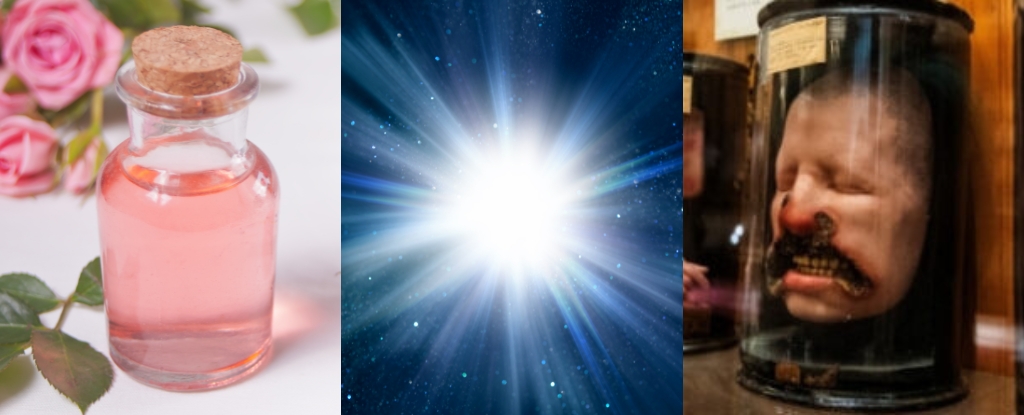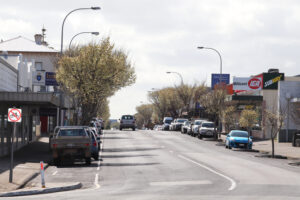
Recent advancements in scientific research have unveiled a series of noteworthy findings, ranging from healthcare updates to cosmic discoveries. Among these, the Mütter Museum in the United States has announced a significant policy shift regarding the acceptance of unidentified human remains, while researchers have made strides in understanding the relationship between scents and brain structure.
Changes in Healthcare Guidelines
The American Heart Association (AHA) and the American College of Cardiology (ACC), alongside other leading medical institutions, have updated their guidelines for managing high blood pressure. This revision emphasizes a proactive approach to prevention and early intervention, replacing the previous guidelines established in 2017. The new framework aims to improve patient outcomes by promoting awareness and encouraging regular monitoring of blood pressure levels.
In a related study, researchers have discovered a link between gut microbiomes and insomnia. Certain types of gut bacteria have been shown to either increase or decrease the risk of sleep disorders. This bidirectional relationship means that poor sleep can disrupt the gut’s microbial balance, potentially making insomnia more challenging to address.
Astronomical Breakthroughs and Unique Discoveries
In a groundbreaking astronomical achievement, the CHIME radio telescope has detected the brightest radio flash ever recorded, originating from a galaxy approximately 130 million light-years away. Dubbed the RBFLOAT, or radio-brightest flash of all time, this discovery adds a new layer to our understanding of cosmic phenomena.
On Earth, scientists have encountered a peculiar geological phenomenon in the North Sea, where massive sections of the seafloor have been found ‘upside down.’ This stratigraphic inversion occurs when younger, denser layers sink beneath older, lighter ones. The discovery of these vast sand mounds, which rest atop structures known as sinkites, marks a significant finding in geological studies and raises questions about the processes shaping our planet.
Additionally, a study has revealed that wearing a rose-scented oil for a duration of one month can lead to an increase in brain volume among participants compared to those who did not wear the scent. Researchers describe this as the first evidence that continuous scent inhalation can alter brain structure, opening new avenues for understanding the impact of environmental factors on cognitive health.
Finally, in a shift toward ethical responsibility, the Mütter Museum has decided to halt the acceptance of unidentified human remains. This change comes after two years of debate concerning the ethical implications of displaying human remains. The museum now aims to “contextualize” and de-anonymize its existing collection, ensuring a more respectful approach to the representation of human history.
These diverse developments illustrate the ongoing exploration and understanding of both our health and the universe, highlighting the interconnectedness of research across various fields. As science continues to evolve, these findings pave the way for future innovations and deeper insights into complex issues affecting humanity.






